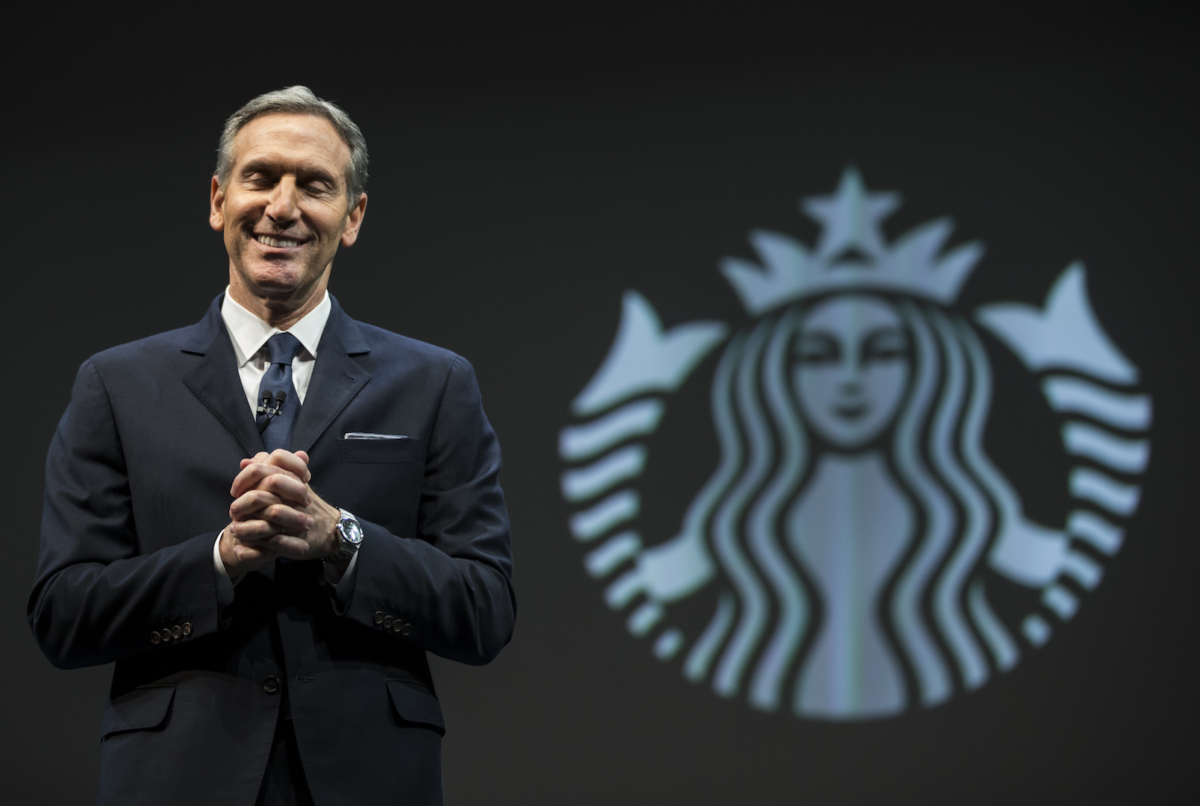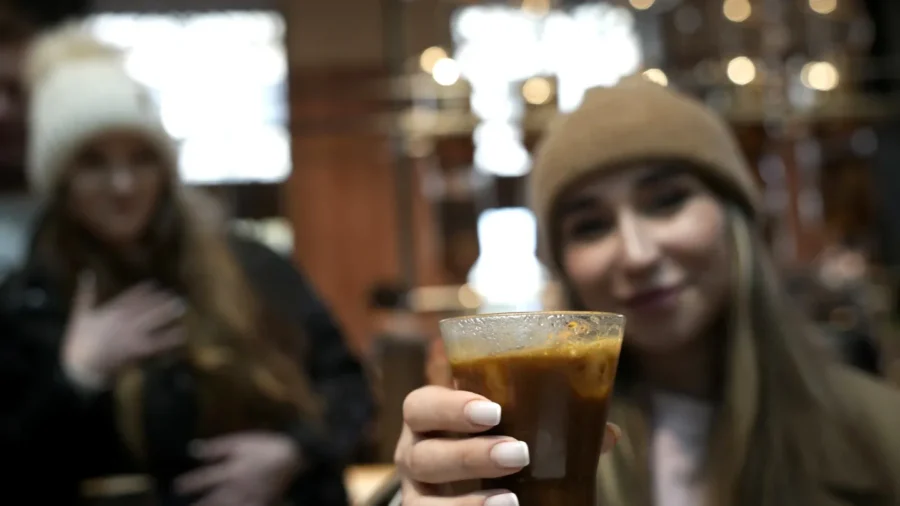Starbucks has decided to scrap its line of olive oil-infused Oleato drinks from its menu starting in November, as the company’s policy aims towards a return to the core Starbucks experience.
The olive oil-infused Arabica options were first offered in Italy in February 2023 as “a transformational innovation in coffee.” The Oleato series was then introduced to U.S. locations in January 2024.
The Oleato range was conceived by Starbucks founder Howard Schultz, who had the idea to mix the daily Mediterranean custom of having a spoonful of olive oil with coffee.
Schultz is the man responsible for Starbucks’ success formula. An earlier trip to Italy in 1983 inspired him to bring the Italian coffeehouse experience to Starbucks, and the rest is history—the then 11-store Starbucks chain has since exploded to a 40,000-store worldwide iconic coffee behemoth.
However, not every idea can be equally successful. The unusual combination of oil and coffee had customers divided, with some raving, and others clearly not enamored with the various Oleato flavors on offer.
Starbucks last week presented its “Get Back to Starbucks” strategy, when it revealed sub-optimal 2024 fiscal results.
“We will simplify our overly complex menu, fix our pricing architecture, and ensure that every customer feels Starbucks is worth it every single time they visit,” Starbucks’ new CEO Brian Niccol said in a video addressing investors.

“Starbucks is indeed getting rid of its olive oil-infused Oleato beverage line next month so those of you who need an extra laxative in the mornings will have to get it elsewhere,” Jonathan Maze, editor-in-chief at Restaurant Business Magazine, quipped on X.
Maze criticized Schultz for often addressing the need to improve the complexity of Starbuck’s operations when he returned to the company as interim CEO in 2022 but then launched an additional line of beverages instead. At the time of launch, the Oleato range had 8 flavors.
“That generally does not jive,” Maze wrote on X. “You can’t talk about how complex things have gotten and how that’s taking away from the experience inside stores and then push through an entire, controversial line of beverages shortly thereafter.”
Starbucks’ fourth-quarter earnings showed a 7 percent decline in store sales worldwide, and a 3 percent decline in net revenues, results largely driven by slow sales in North America. U.S. store sales saw a 6 decline and comparable transactions dropped by 10 percent, partially offset by a 4 percent increase in average ticket, or the average amount of money spent per customer.
Following the introduction of the “Get Back to Starbucks” strategy last week, the company on Wednesday also announced it will be scrapping the extra charge for non-diary milk, starting with the launch of its holiday menu on Nov. 7.
“Core to the Starbucks experience is the ability to customize your beverage to make it yours. By removing the extra charge for non-dairy milks we’re embracing all the ways our customers enjoy their Starbucks,” Niccol said in a statement.
According to the company, substituting non-dairy milk, such as soymilk, oat milk, almond milk, or coconut milk, is the second most requested customization from Starbucks customers, behind adding a shot of espresso.
“I made a commitment that we’d get back to Starbucks, focusing on what has always set Starbucks apart,” Niccol said. “This is just one of many changes we’ll make to ensure a visit to Starbucks is worth it every time.”

